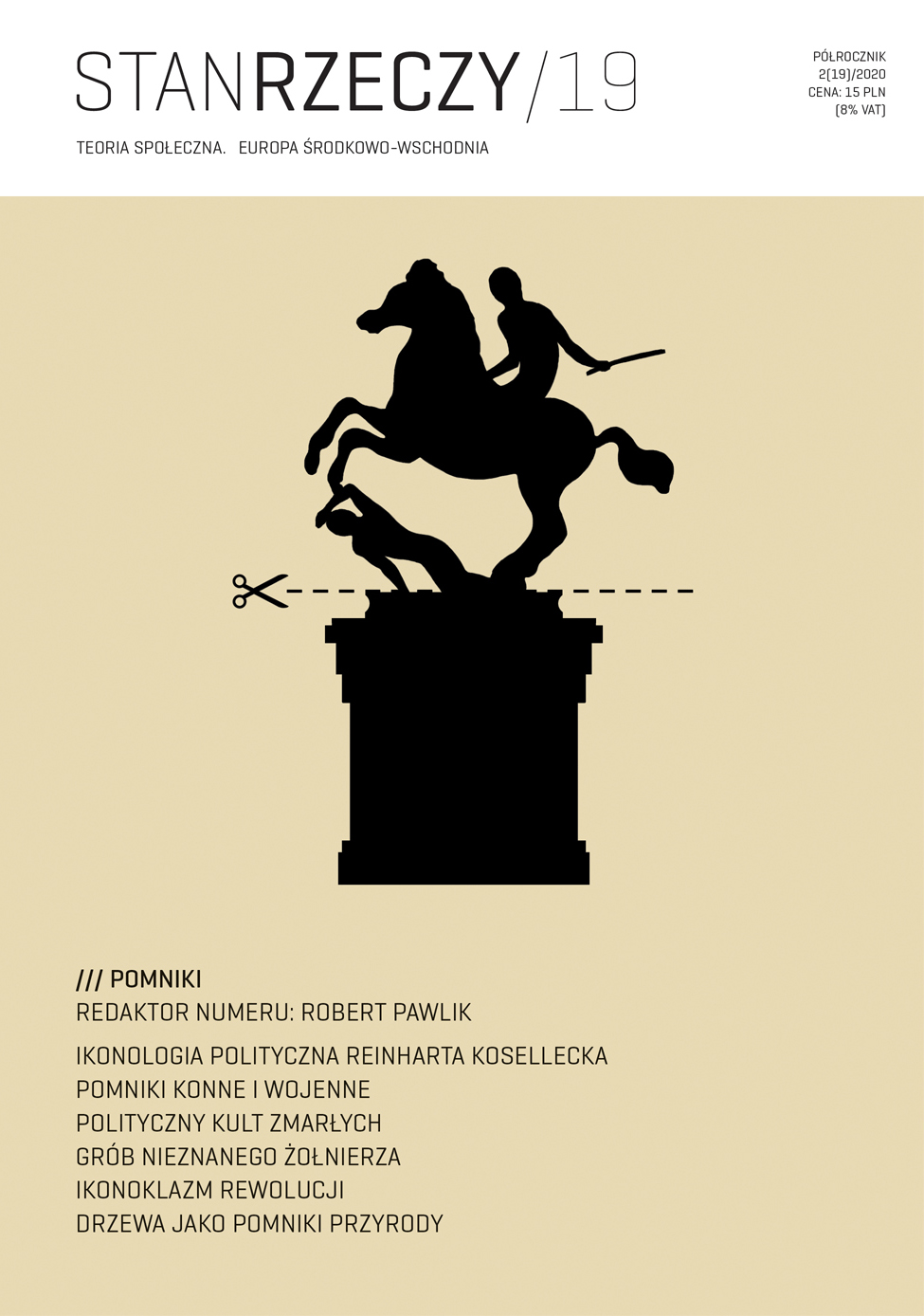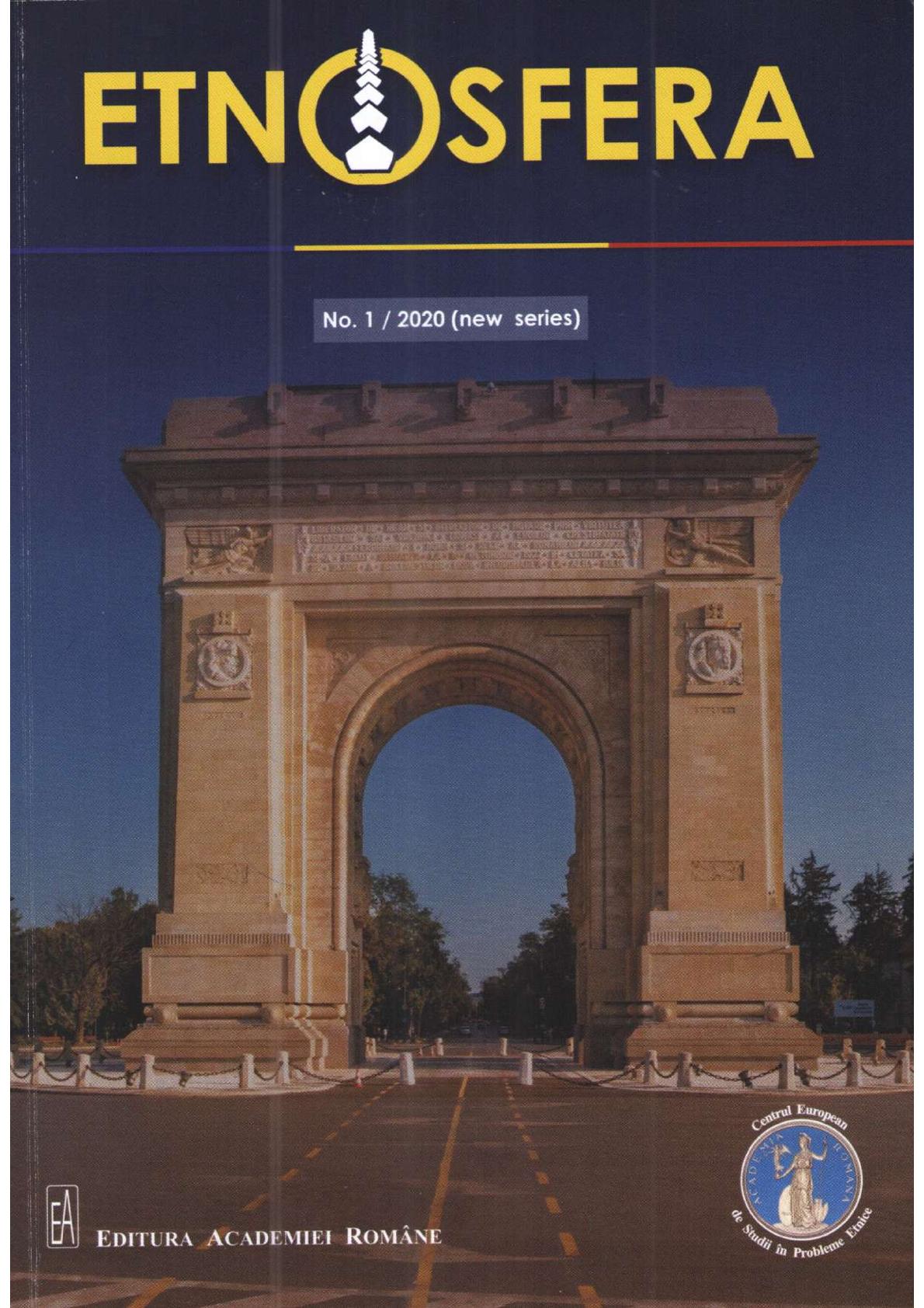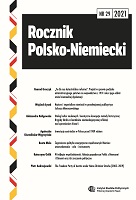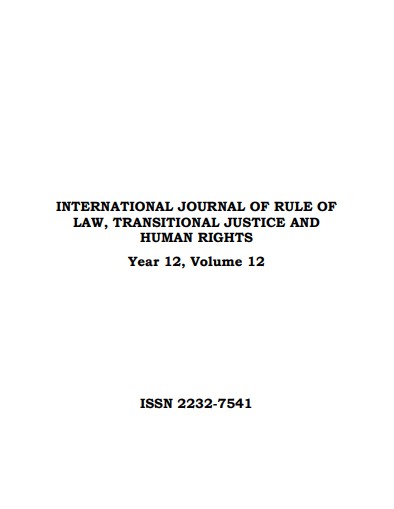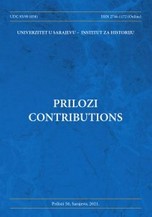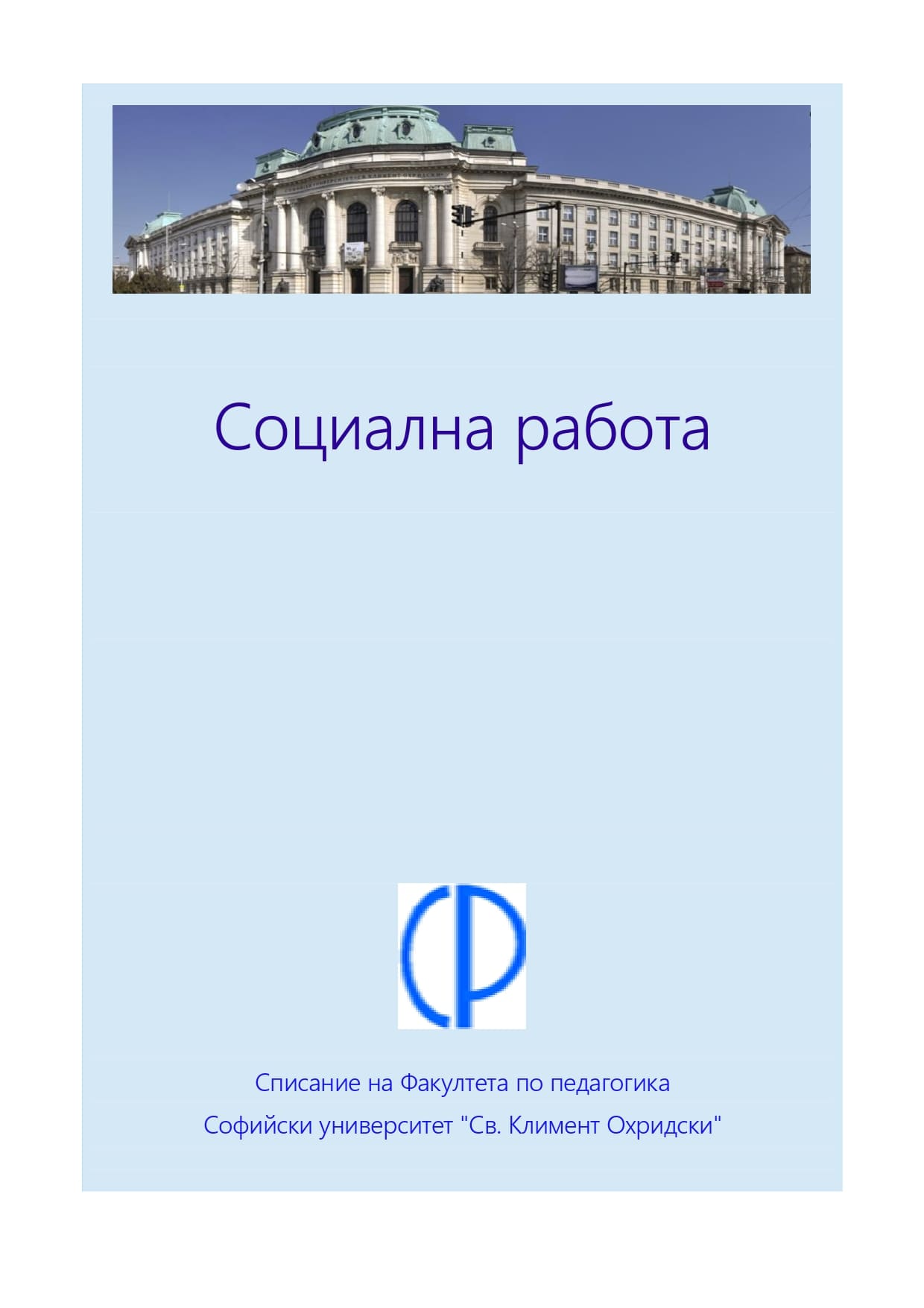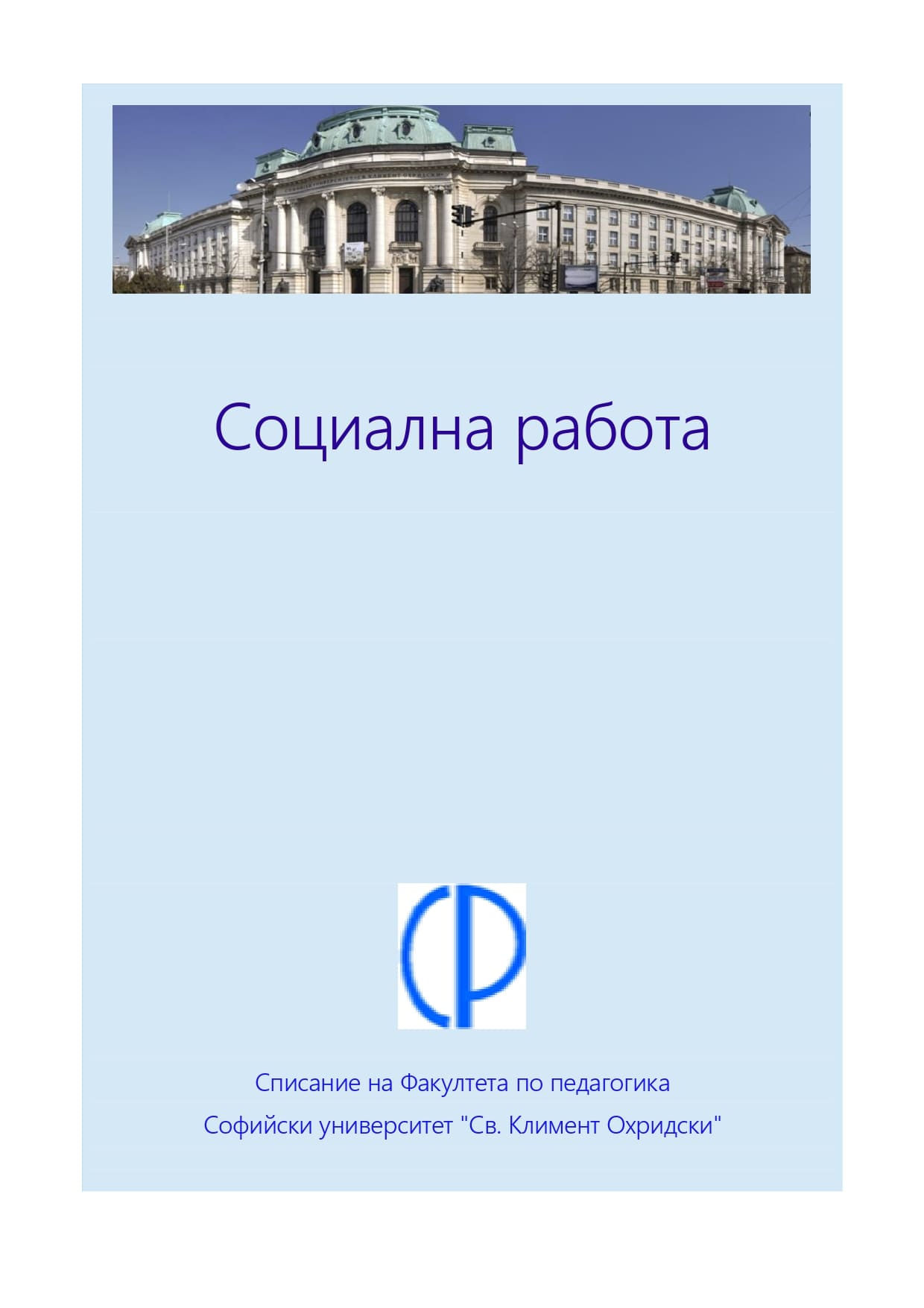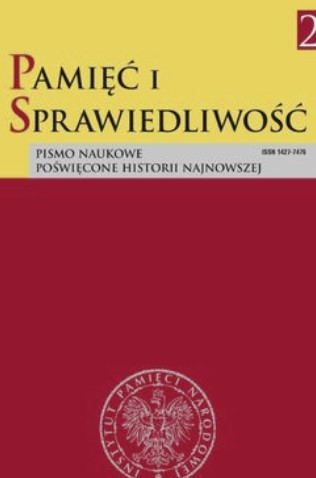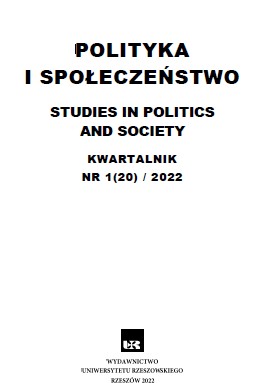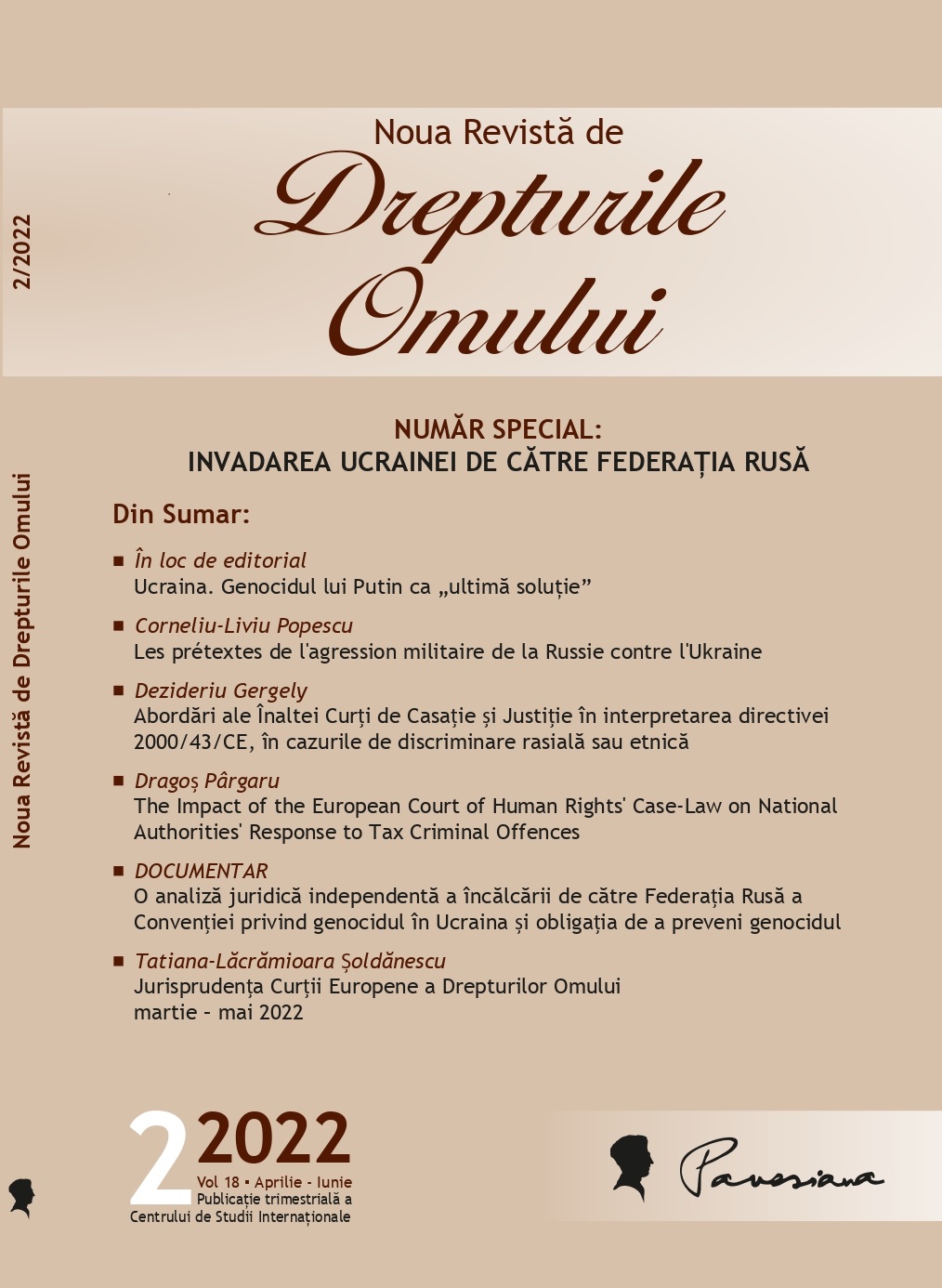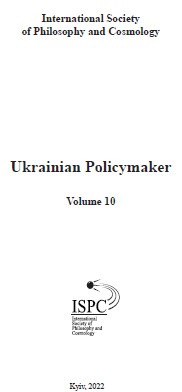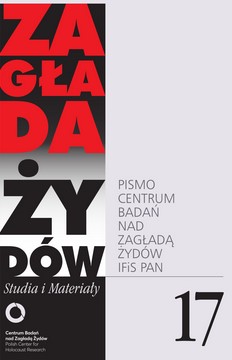Author(s): Rasim Muratović / Language(s): English
Issue: 9/2020
Genocide in Bosnia and Herzegovina is one in a series of genocides in the recent history of world civilization in the bloody mirror of ideological pogrom and state-organized evil, with which politics, science and philosophy are still unable or unwilling to radically deal with in a humanly meaningful and life-promising way. The common phrase “never to be repeated”, this contextual-declarative mantra, inevitable during the increasingly rare antifascist anniversaries and ceremonies, thus appears as an expression of moral hypocrisy, political inconsistency and irresponsibility of world powers. Thanks to this inconsistency and this irresponsibility, the specter of Auschwitz resurrected, even in the same historical second, quite undisturbed in (to make the paradox bigger) the UN security zone of Srebrenica, in July 1995. The common-sense question is: what has been done and committed in unprotected - unsafe zones throughout Bosnia and Herzegovina? The answer is, of course, nothing that has already been shown in both image and tone around the world. Rarely have any previous perpetrators of genocide announced and committed their crimes as triumphantly as the one in Srebrenica. None of the earlier perpetrators in the long history of genocide is as proud of that civilizational shame as the perpetrators of the genocide in Srebrenica do. Despite the obviousness and court rulings, genocide is persistently, publicly and with impunity denied and affirmed. The genocide against Bosniaks in Srebrenica, even after the court verdicts, does not mean to some what it should mean humanely and independently of any verdict: the reason for unquestionable condemnation and outrage! But not! They relativize guilt and hypocritically hint at justifying reasons for the cowardly passivity and restraint of the international community during and after the aggression against the Republic of Bosnia and Herzegovina and the genocide against Bosniaks. The genocide of Bosniaks, like everything that happened in Bosnia from 1992 to 1995, was a rehearsal for asking falsely worrying questions later and a rehearsal for the establishment of a new international order in the 21st century. Even though it all happened in almost one day, we still had to wait years to realize that the genocide in the UN security zone of Srebrenica, in July 1995, was not committed suddenly and without the knowledge of the most powerful in the world. The blood of innocent residents of Srebrenica and Bosniaks in general has not only soiled the hands of Chetnik killers, but equally those who sat in all, especially European capitals. Does this civilization live and reside in anything other than fear, injustice and tyranny? Is that her way of life? Are these her best achievements? Is civilization as uncivilized as it was then, looking motionless at Srebrenica, but also at Sarajevo, Foča, Višegrad, Zvornik, Vlasenica, Bijeljina, Brčko, Prijedor, Ključ, Sanski Most? Twentyfive years after the genocide committed in Srebrenica, in the territory of the United Nations safe zone, in July 1995, the consequences of the crime of genocide among survivors are evident, manifesting themselves in important aspects of human and social existence, individual and social life. Twenty-five years after the genocide committed in the territory of the United Nations safe zone in Srebrenica in July 1995, it is of special importance to strengthen and support those who survived the genocide. Aware of the systematically nurtured darkness that would hide the truth of genocide during the so-called “civil war” in Bosnia, despite all efforts to suppress it in a lobbying manner, the real truth about the aggression against the Republic of Bosnia and Herzegovina lives on in the works of analytically serious researchers. They think for themselves, use the logic and language of historical facts, and stand up against evil and side with the victim (in the legal sense of the word) and their right to historical and human justice. It gives hope. “Judging by the evil that the grandchildren of homo sapiens committed in the 20th century, we have nothing to hope for after 2000. Judging by the hope that faith in God teaches us, even after 2000, there will be many people who will die a natural death.”
More...

